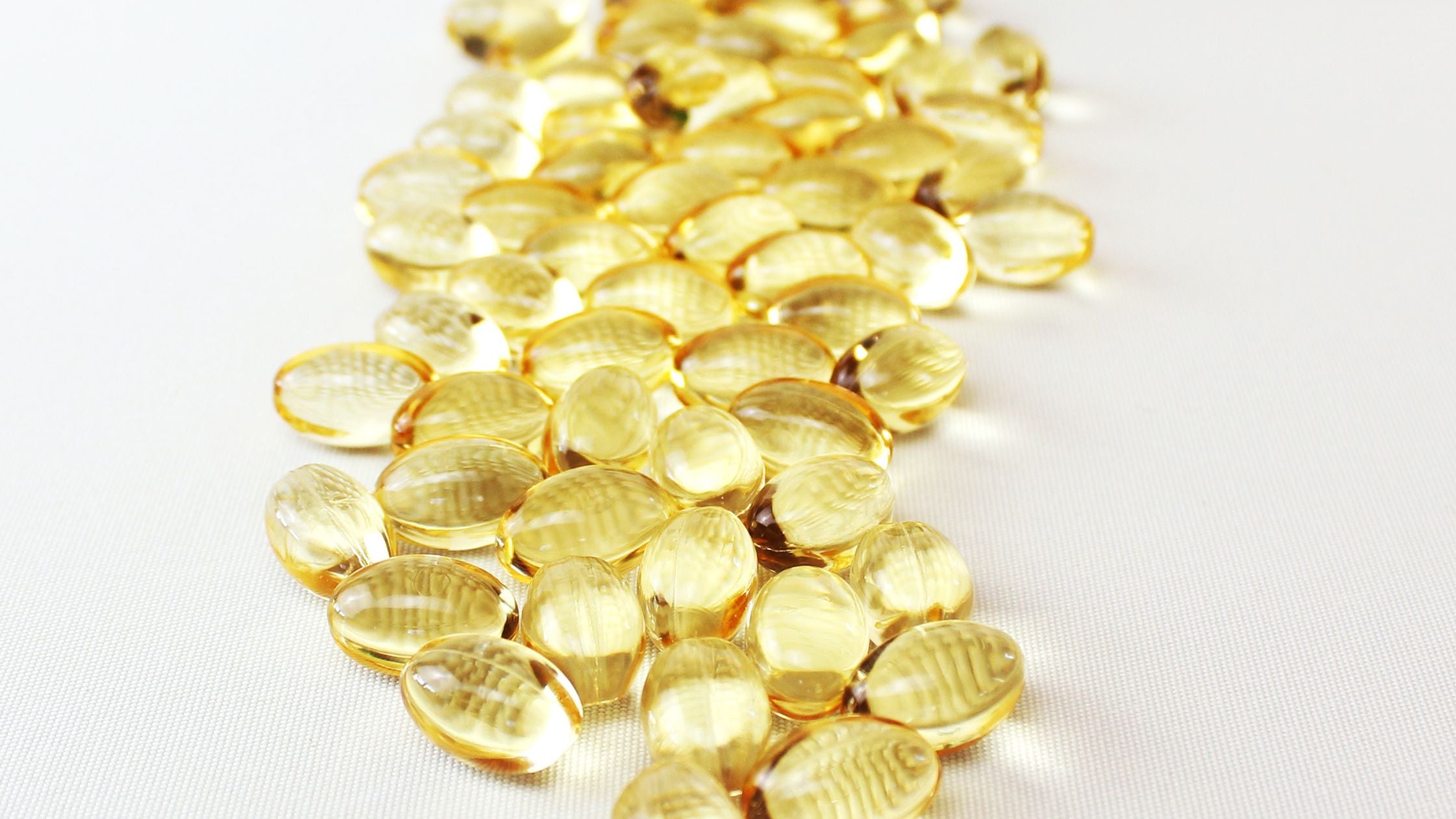The Importance of Vitamin D and Longevity

A lot of people take vitamin D. As many as 40% of Americans have a deficiency. Although it’s known for keeping our bones strong, vitamin D does a lot more for our bodies than we originally thought. In fact, it may help ward of some age related diseases and lengthen our lives.
What is Vitamin D?

Vitamin D is a fat soluble vitamin. It is available in foods like milk, cheese, or salmon. Our bodies can also make our own vitamin D. The process is triggered by sunlight, so it’s sometimes called the sunshine vitamin. At the most basic level, it promotes calcium absorption in the gut and helps our bones stay strong. Vitamin D also regulates many other cellular functions in your body. Its anti-inflammatory, antioxidant and neuroprotective properties support immune health, muscle function and brain cell activity.
We have learned that vitamin D controls the expression of over 1000 genes, which means that it is connected to many processes in the body. There are several factors that affect how our bodies produce and use vitamin D:
-
Melanin: Darker skinned people don’t produce as much vitamin D as lighter skinned people do
-
Age: As you get older you produce less vitamin D
-
Sunscreen: Blocks UVB radiation that our bodies need to make vitamin D
-
Body fat: Body fat stores vitamin D. When you have more fat, your body doesn’t release vitamin D into the bloodstream.
Because it plays such an important role in our overall health, doctors commonly check for it in routine blood tests. The ideal level of vitamin D in our bodies is 30-80 nanograms per milliliter. Once you know your levels, you can work with your doctor on dosage to get your body to a healthy level.
Vitamin D and Longevity

Besides strong bones, muscles, and calcium absorption, there are other reasons to get your vitamin D levels checked. Studies are showing that it might help slow down aging.
A study published this last spring concluded that vitamin D supplementation is associated with slower epigenetic aging. So what exactly is epigenetic age? It’s a bit complicated, and has to do with the rate at which your genes age. For example, your chronological age might be 50, but your genes might behave more like someone who is older or younger.
In this study, scientists looked at 63 people who were previously deficient in vitamin D but began supplementing and became sufficient. They compared this group to 63 other people who were deficient and not supplementing. Participants who went from deficiency to sufficiency through vitamin D supplements were shown to be epigenetically younger by more than two and a half years!
Vitamin D may somehow help protect our telomeres. These are caps at the end of chromosomes that protect DNA from damage. They get shorter and shorter every year until the cell dies. Telomere length is a biological measurement for aging.
Multiple studies have been done comparing telomere lengths of people supplementing with vitamin D with those who aren’t. There is even one that compared twins and the results were the same. Scientists believe that part of the reason that this happens is that vitamin D has antiinflammatory properties. Less inflammation means the body breaks down more slowly.
In yet another study, mice were fed diets that were very low in vitamin D. In the end, the mice who were deprived of vitamin D aged faster and had shorter lives as compared to mice who were fed normal diets.
Signs of Vitamin D Deficiency

The most accurate way to find out if you are deficient in vitamin D is by having a blood test. Many doctors do check for levels during routine blood tests, but you can also order a kit, do the test yourself, and send it in for results. But before poking yourself with needles you might notice a few symptoms. The most common include:
-
Getting sick often
-
Frequent infections
-
Fatigue
-
Bone and back pain
-
Bone weakness
-
Depression
-
Wounds that are slow to heal
Most of these symptoms are subtle or they don’t present themselves at all. A lot of very healthy people are deficient in vitamin D so it doesn’t hurt to take a supplement. Roughly 4000 IU per day is safe. Some people take mega doses of 10,000 IU or more, but be sure to check with your doctor before taking that much.
You truly need vitamin D. Because it is a common supplement, it’s overlooked, but so many of us could improve our health by leaps and bounds by taking these inexpensive and effective vitamins.